The popularity of aesthetic procedures such as lip enhancement has grown considerably in recent years. With social media, celebrity influence, and the desire for facial harmony driving this trend, many individuals are turning to non-surgical solutions to enhance their appearance. However, one question continues to surface among first-time clients: Does it hurt?This blog offers an honest look into the discomfort typically associated with lip fillers, what you can expect during and after the procedure, and how qualified practitioners help minimise any pain you may experience.
Understanding Lip Enhancement
Lip enhancement involves the use of dermal fillers, most commonly hyaluronic acid-based, to add volume, improve symmetry, and define the lip borders.
Key points:
- Treatments are done in a clinical setting.
- The procedure usually lasts 20–30 minutes.
- Considered safe and effective by professionals.
- Involves injections into sensitive facial areas.
- Some patients may feel anxious about potential discomfort.
Despite its brief duration, the idea of needles around the lips can understandably lead to concern, especially for first-time patients.
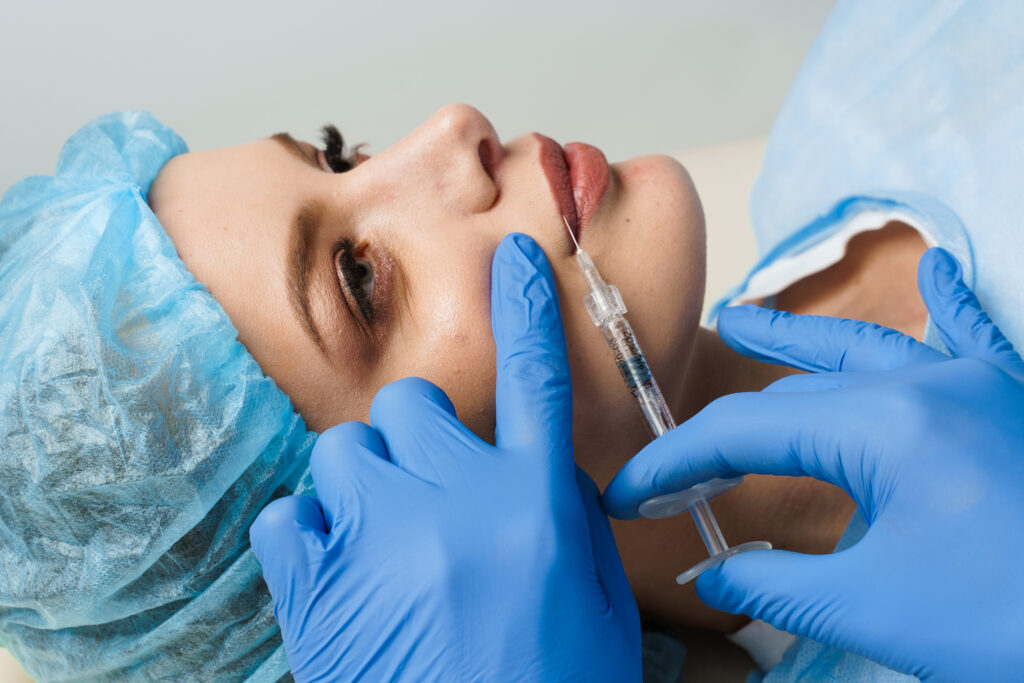
Step by Step Breakdown of the Procedure
Understanding what the process involves can help reduce uncertainty and prepare you for a smoother experience:
- Consultation: Your practitioner evaluates your facial anatomy and discusses the results you’re aiming for.
- Injection: Using a fine needle or cannula, the filler is injected into specific areas of the lips.
- Aftercare Advice: Instructions are provided to promote healing and reduce side effects.
This quick overview shows that most of the discomfort is carefully managed right from the beginning.
What to Expect During the Procedure
While everyone experiences pain differently, most patients describe lip filler treatments as mildly uncomfortable rather than painful. The sensation is often compared to:
- A pinching or stinging feeling during the injection
- Mild pressure as the filler is placed
- Some tightness immediately after treatment
The application of numbing agents makes a noticeable difference. In many cases, the fillers themselves contain a small amount of lidocaine, a local anaesthetic that works internally to dull any further discomfort.It’s worth noting that a Private dentist in Ryde who provides cosmetic services is well-equipped to manage sensitive areas of the face, thanks to their expert understanding of oral and facial anatomy.
Post-Treatment Sensations and Common Side Effects
Once the anaesthetic wears off, it’s normal to experience some level of discomfort for a few days following the procedure. These symptoms are typically mild and manageable.
| Symptom | Duration | Recommended Action |
| Swelling | 24–72 hours | Apply cold compress intermittently |
| Bruising | Up to 7 days | Use arnica gel or conceal with makeup |
| Tenderness | 2–5 days | Take paracetamol if needed |
| Firmness or lumps | Usually subsides | Gentle massage if advised by your provider |
These reactions are a normal part of the body’s healing response and typically subside on their own without the need for treatment. Staying hydrated and avoiding strenuous activity can also aid recovery.
When Pain Becomes a Concern
Although slight discomfort is normal, severe or long-lasting pain is not typical. If you notice any of the following, it’s important to seek advice immediately:
- Severe swelling or redness beyond 72 hours
- Uneven colouring or blanching of the lips
- Lumps that do not soften over time
In rare cases, vascular occlusion, where filler unintentionally blocks a blood vessel, may occur. Early signs include white patches, increasing pain, or unusual discolouration. Immediate intervention from a qualified professional is critical.Seeing a Private dentist in Ryde who offers aesthetic services ensures you’re working with someone who is trained in identifying and managing such complications.
How Practitioners Reduce Pain
A skilled practitioner will take multiple steps to ensure that your treatment is as pain-free as possible:
- Topical anaesthesia: A strong numbing cream applied before injection
- Micro-cannula technique: A method that reduces bruising and discomfort
- Slow, controlled injections: Minimising trauma to the tissue
- Use of fillers with lidocaine: Built-in pain relief during the process
These techniques are particularly beneficial when getting Lip Filler Ryde treatments from experienced aesthetic providers, especially those trained in dentistry or facial anatomy.
Aftercare Tips for Minimising Discomfort
Effective aftercare is key to maximising your comfort and achieving the best possible outcome. Here’s what you can do:
- Avoid alcohol and caffeine for 24 hours
- Refrain from heavy exercise and saunas
- Sleep on your back with your head elevated
- Avoid touching or massaging the area unless specifically instructed to do so.
- Use cold packs sparingly to reduce swelling
These simple steps make the healing process smoother and more comfortable.
Is the Brief Discomfort Worth It?
Lip enhancement can offer a significant confidence boost and aesthetic improvement, especially when performed by a skilled professional. The effects usually look natural and tend to last anywhere from 6 to 12 months.
Key points:
- Mild discomfort is temporary and manageable.
- Fuller, balanced lips can improve self-image.
- Results are long-lasting with proper care.
- Always choose a trusted clinic for treatment.
- Informed decisions ensure better safety and outcomes.
If you’re considering Lip Filler Ryde procedures, prioritise quality and expertise. The right practitioner will help ensure a smooth experience and satisfying results that enhance your appearance with minimal risk.
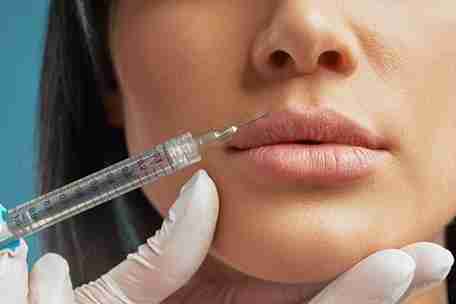
How Lifestyle Choices Impact Lip Filler Results
While much focus is placed on the procedure itself, your daily habits can significantly influence how long your Lip Filler Ryde results last and how comfortable your healing period is.
Some important tips include:
- Keep well-hydrated: Adequate water intake helps maintain skin elasticity and supports the longevity of the filler.
- Avoid smoking: Smoking can increase bruising and delay healing.
- Limit sun exposure: UV rays can break down fillers more quickly.
- Follow a balanced diet: Proper nutrition helps your skin and tissues recover faster.
Embracing healthier lifestyle habits can boost your overall well-being while also helping to extend the lasting effects of your treatment.
Conclusion
Lip enhancement can cause minor, short-lived discomfort, but modern techniques and experienced professionals make the process much more comfortable than many expect. By following aftercare advice and staying informed, you’ll be better prepared for a positive treatment experience.At Ryde, we believe in delivering expert care with a compassionate touch. Whether you’re new to lip fillers or returning for a top-up, our goal is to make every visit as smooth and reassuring as possible, so you can walk away feeling confident, refreshed, and completely in love with your smile.



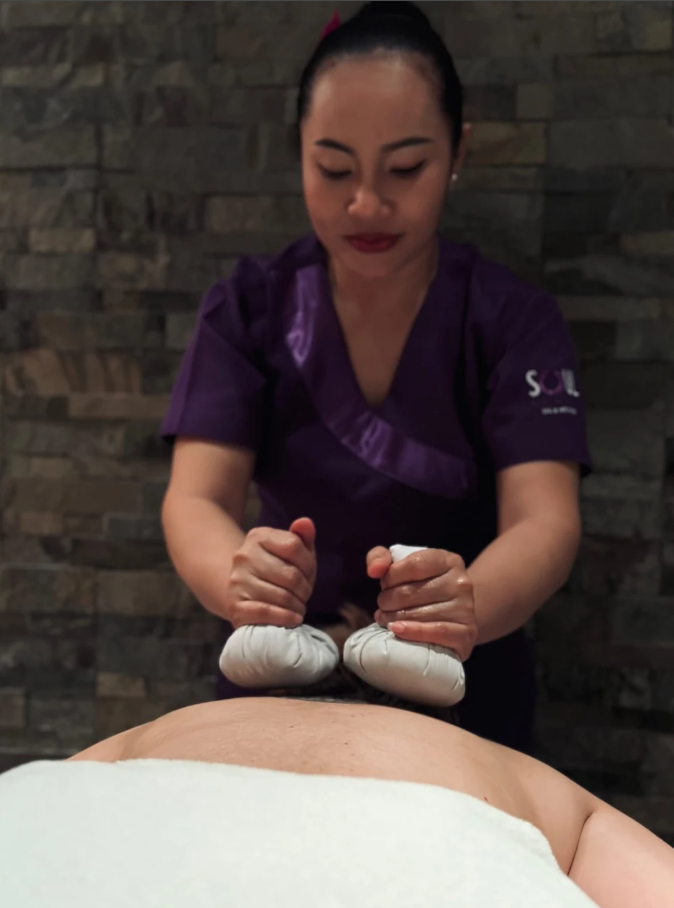
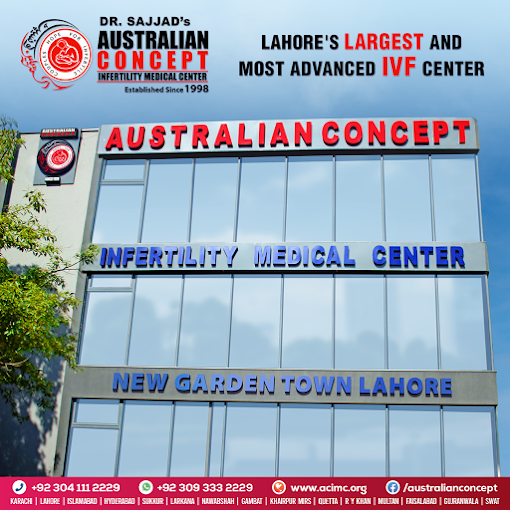
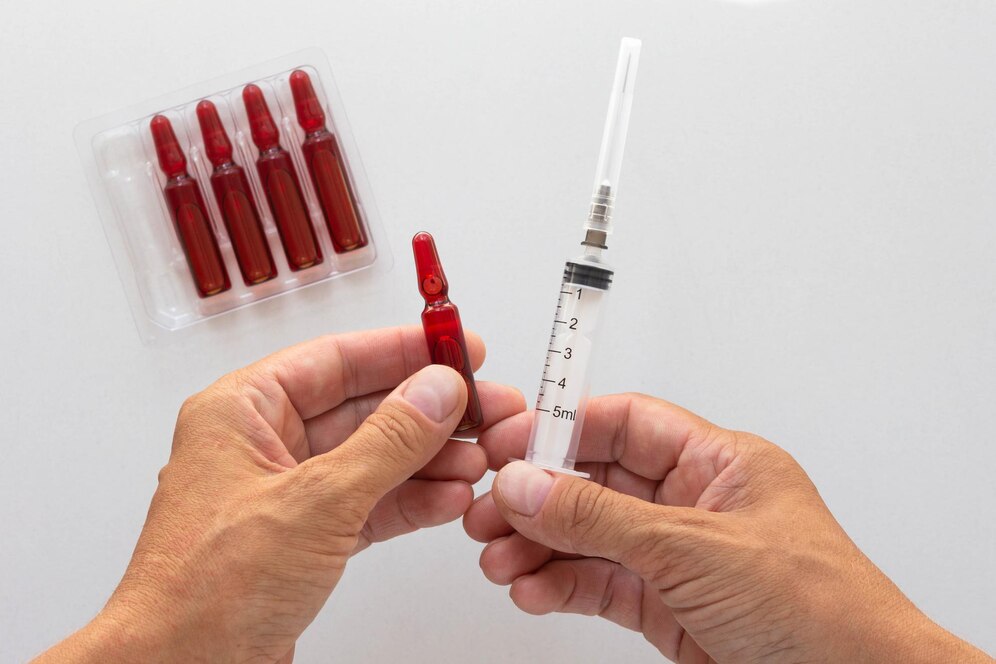
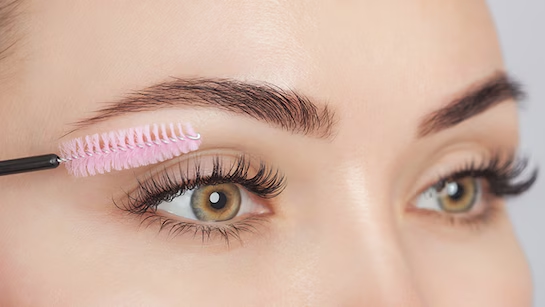
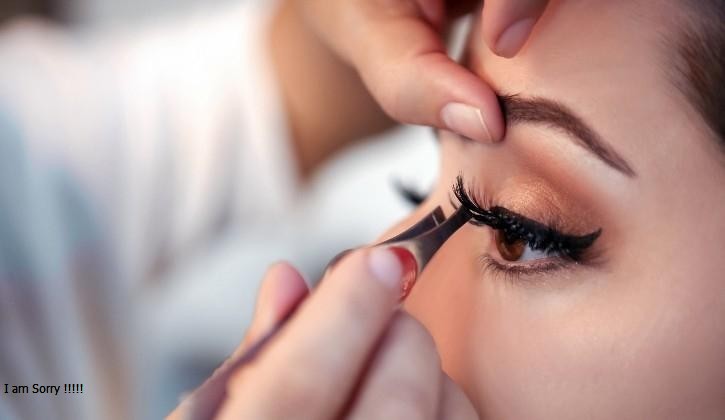
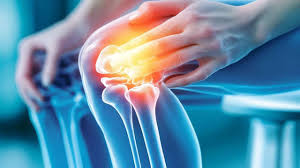




Leave a Reply